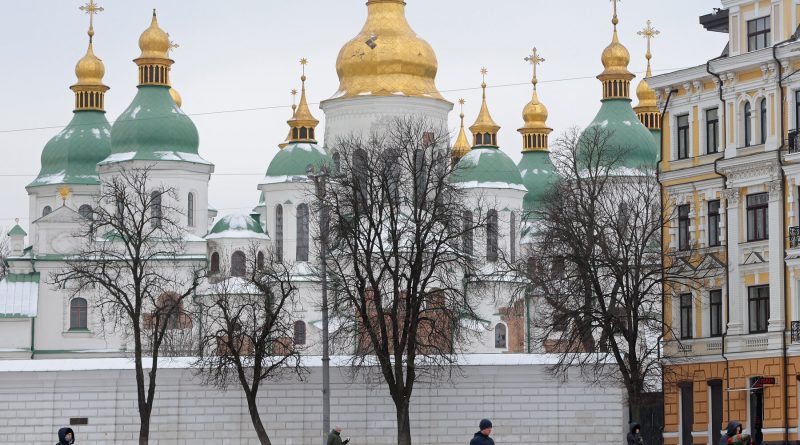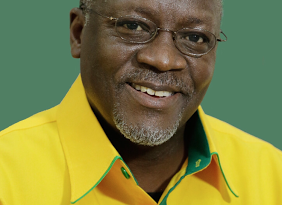The Futility of Vladimir Putin’s Mobilization
George Slowey
Staff Writer
This past week, Russian President Vladimir Putin announced a mobilization of 300,000 new troops to support the Russian Army in the Russo-Ukrainian War, according to Politico, which published an official translation of Putin’s decree. This mobilization is an attempt to reinvigorate the Russian armies that are currently being pushed back in a massive Ukrainian counteroffensive. To say that this announcement has been met with a lack of enthusiasm in Russia would be an understatement. Videos have emerged of the Georgian border piled up with cars fleeing conscription, reports NBC News. In Siberia, The Guardian reports a conscript shooting his draft officer. But aside from this lack of enthusiasm, two massive challenges are likely to stall Putin’s dreams of a 300,000-man relief force: logistics and the lack of a non-commissioned officer (NCO) corps.
Logistics have long been the Achilles’ heel of the Russian Army. Maneuvering an army across a notoriously large, flat expanse of land is a task no commander would envy. That task becomes worse due to the infamous phenomenon of rasputitsa—the Russian word for when roads blend into the countryside due to rain and snow muddying the terrain, as explained by . Ukrainians have their own word for this phenomenon, as well—bezdorizhzhia, which aptly translates to “roadlessness”. These conditions make it hard for one man alone to cross the Russian countryside. Multiply that problem by 300,000 people, then add in supply lines and armored vehicles, and logistical problems begin to arise. These 300,000 men would surely have to be well trained to pass through these brutal conditions, which are fast approaching, according to Newsweek. The question now on many people’s minds is how these conscripts will be trained.
In the United States and many other Western European countries, the process for training new recruits is firmly established and has produced decades worth of well-trained recruits and well-mentored officers. Countries such as the U.S. rely on non-commissioned officers (NCOs) to fill leadership roles within the enlisted ranks and train new recruits as part of their duties. In the U.S. Army, for instance, this task usually falls to staff sergeants. NCOs provide valuable experience and wisdom to be able to skillfully train and lead effective recruits, as well as mentor young officers. In this way, the U.S. cultivates a strong enlisted corps, an excellent officer corps, and creates a link between the two with the NCO corps. This combination forms a structurally sound fighting force. Now contrast this to Russia, a country that does not share the same doctrine of a traditional Western army. Instead, the Russian military focuses the majority of their training into specialized officer schools, often leaving basic training to lower-level lieutenants, as broken down by U.S. Army Major Charles Bartles in a 2019 analysis. Without any structural change, this will continue to be a weakness for the Russian Army into the future.
It’s here that Vladimir Putin’s weakness lies. This mobilization will not matter, because Russia does not have the command structure or logistical support to execute it properly. The Russian military hasn’t had this strength since the Second World War, as laid out by Major Bartels again in his 2019 analysis. Instead, these newly mobilized troops are being sent to the front lines without training, handed a rifle, and told to point and shoot at the people with the blue and yellow flags on their shoulders, as previously predicted by Newsweek. This mobilization is nothing more than a scare tactic by Vladimir Putin in order to make NATO, the EU, and Ukraine’s other allies back off and reconsider their aid to the war-torn country. To quote Napoleon Bonaparte, “the amateurs discuss tactics, the professionals discuss logistics.” It seems that Putin and the Russian government prefer the words of Bonaparte’s contemporary Carl von Clausewitz instead: “Warfare is the continuation of politics by other means.” Because to Vladimir Putin, that’s all this is: a political game, played with hundreds of thousands of lives.



